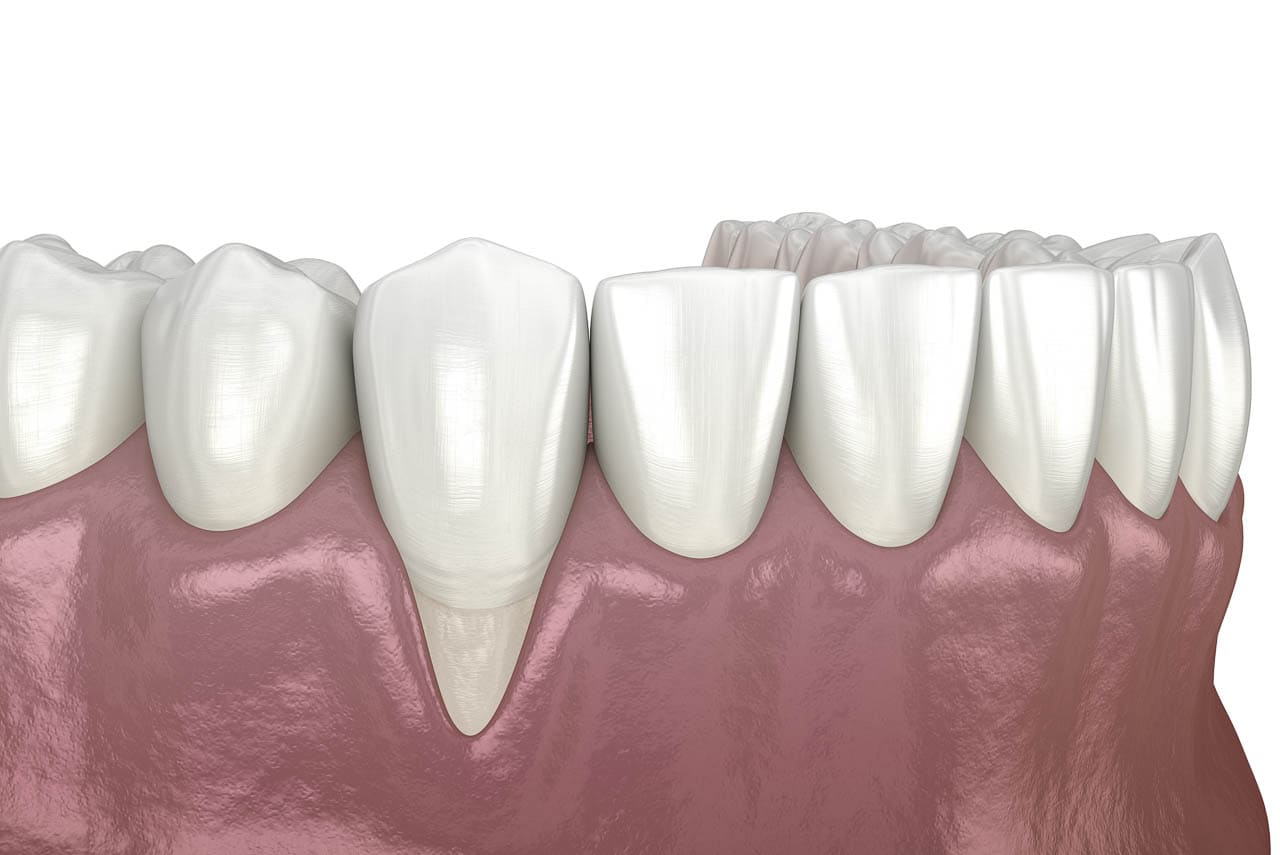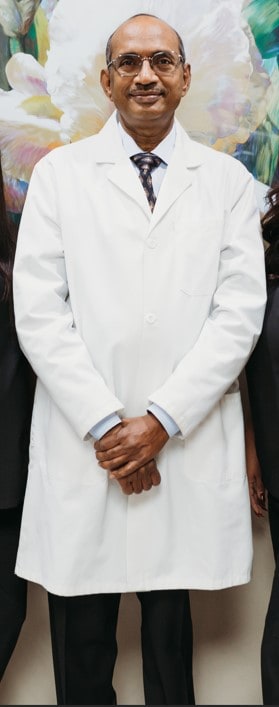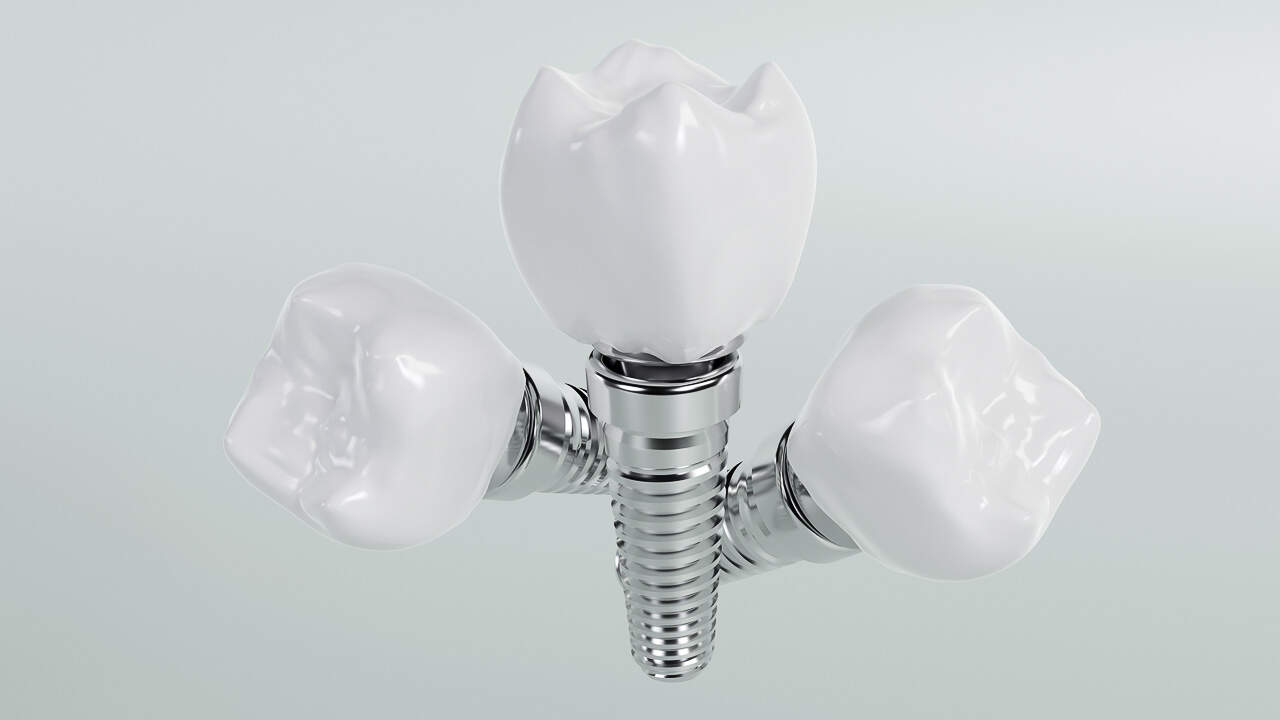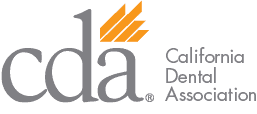
The truth about gum recession causes
There are many dental conditions that can cause your teeth to hurt when cold winds blow or the temperature outside is very low. While this article is not a substitute for coming in to the office to see exactly why your teeth hurt, the most likely cause of your discomfort is gum recession. What is […]
READ MORE





